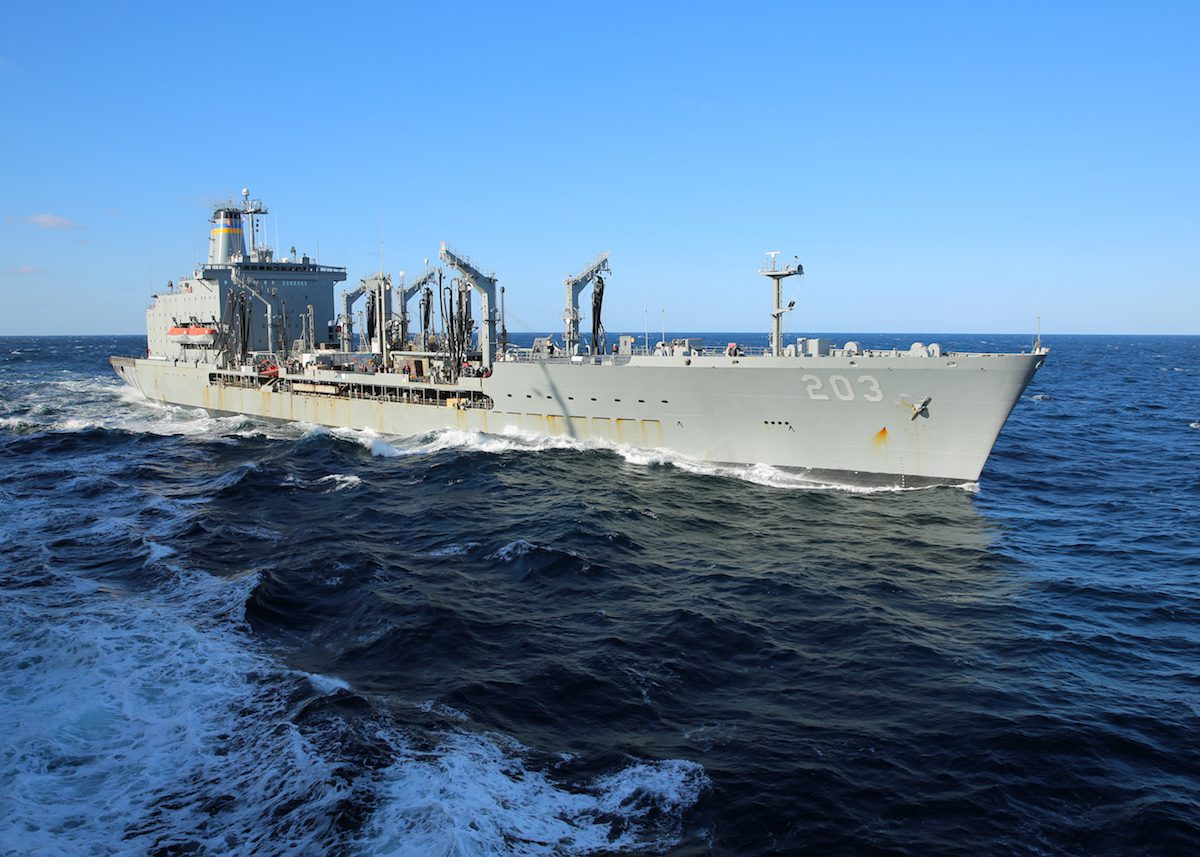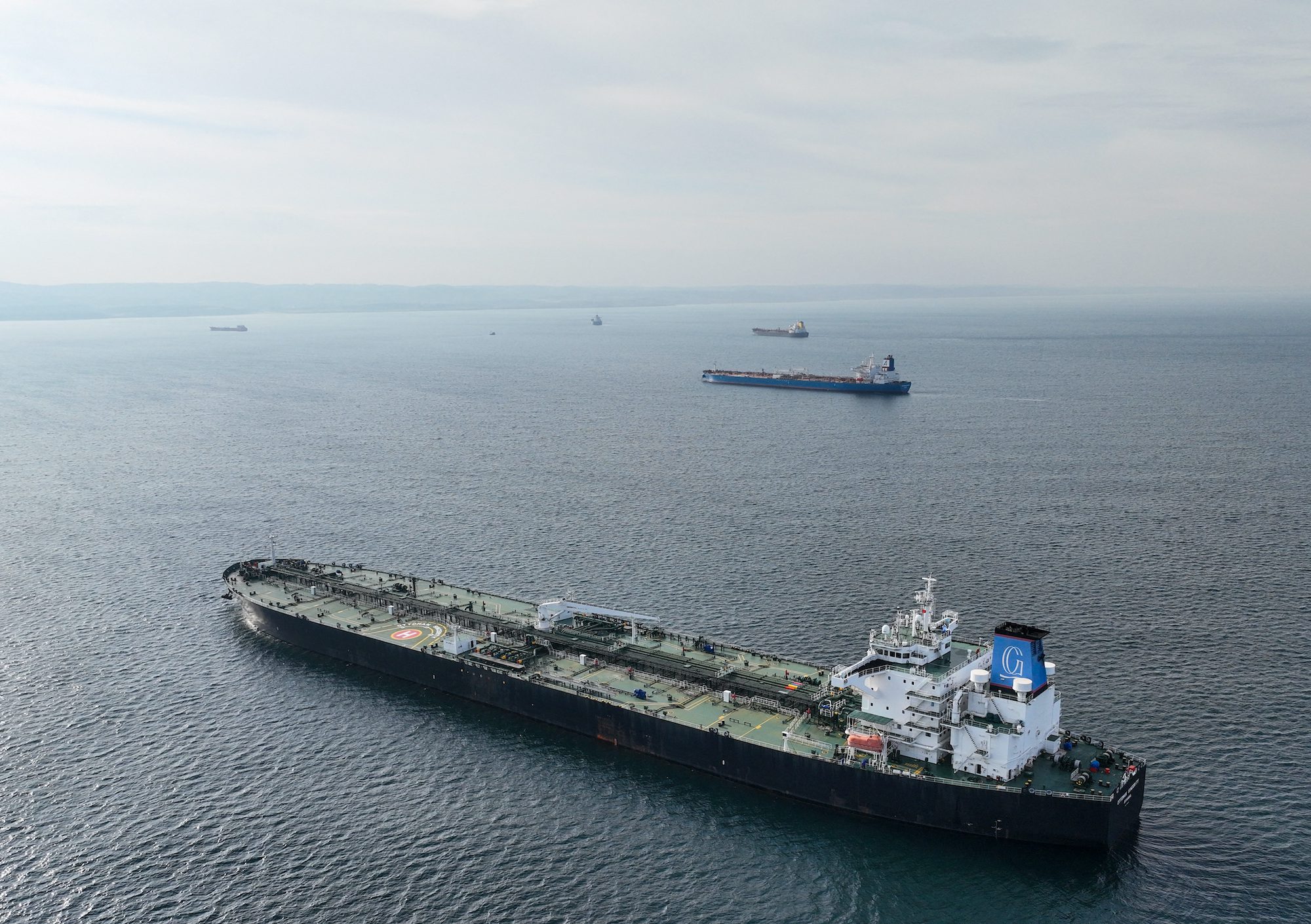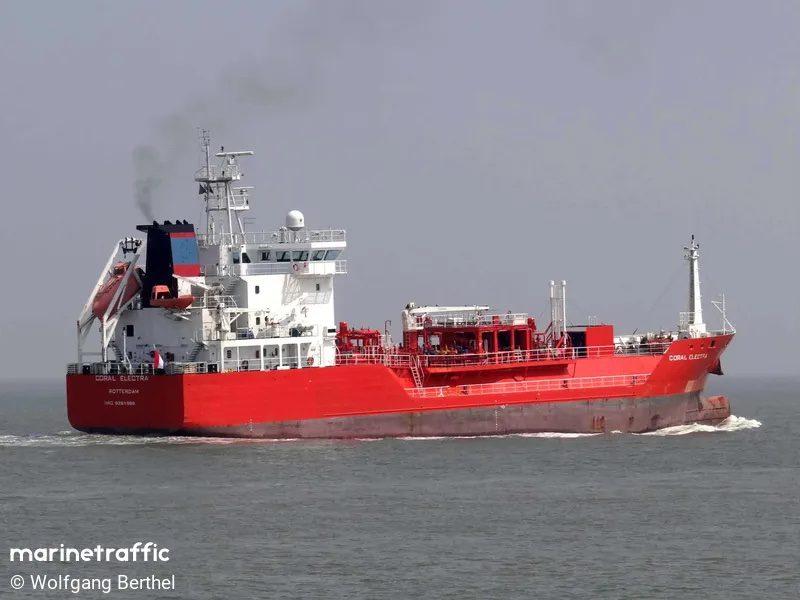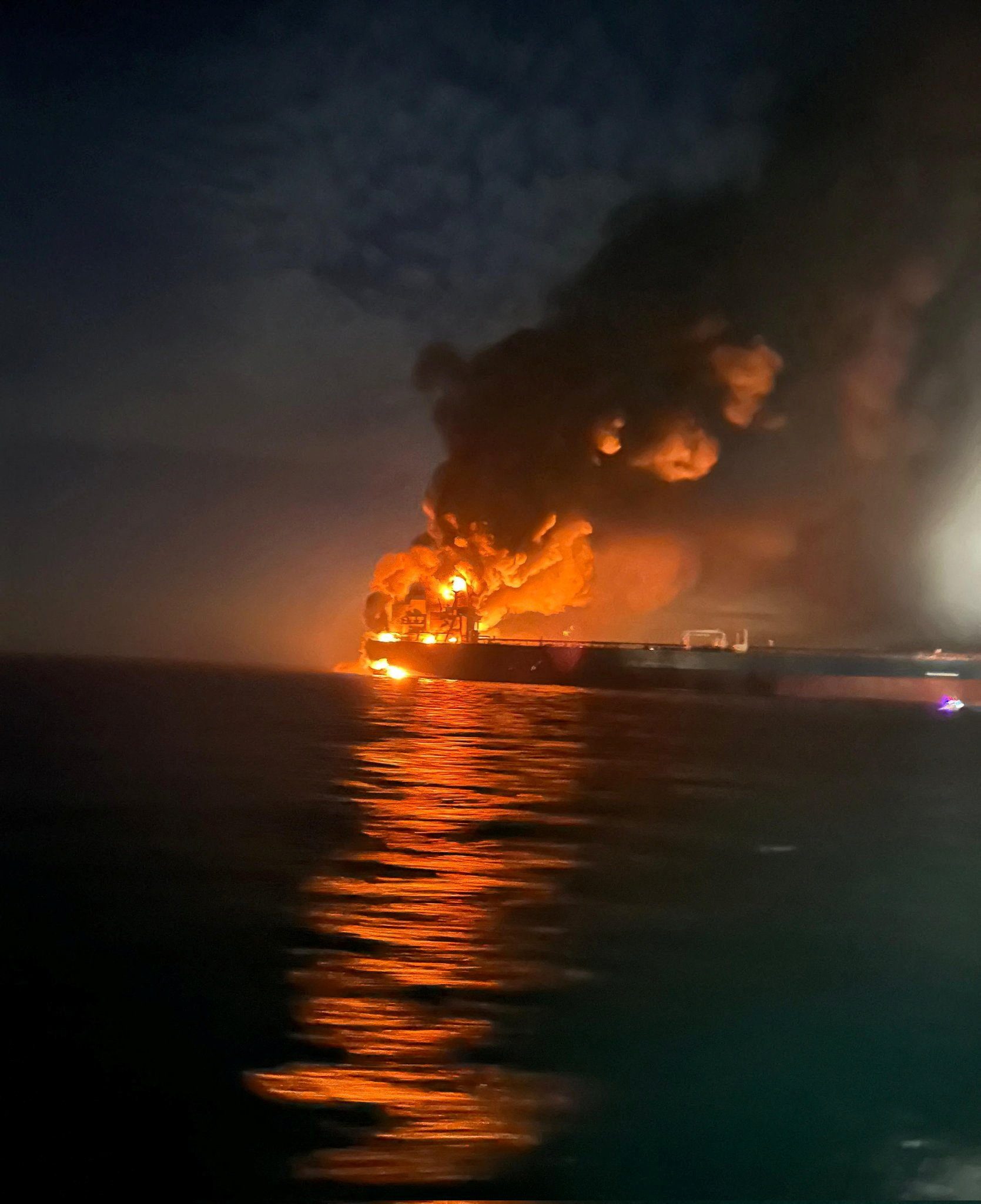The Military Sealift Command fleet replenishment oiler USNS Laramie (T-AO 203) seen during a replenishment-at-sea in the Atlantic Ocean. U.S. Navy Photo
 By Robin Emmott BRUSSELS, Nov 6 (Reuters) – NATO needs to establish a new regional base for protecting the North Atlantic against increased Russian naval strength, a senior alliance general said on Monday, as allies consider the next step in a military build-up reminiscent of the Cold War.
By Robin Emmott BRUSSELS, Nov 6 (Reuters) – NATO needs to establish a new regional base for protecting the North Atlantic against increased Russian naval strength, a senior alliance general said on Monday, as allies consider the next step in a military build-up reminiscent of the Cold War.
General Petr Pavel, head of NATO’s military committee, will help put the case to allied defense ministers this week for a new planning and strategy base to be located in a chosen NATO ally and focused on keeping Atlantic shipping lanes safe from enemy submarines.
It would be the first such expansion in two decades after NATO sharply cut back its commands in 2011.
“If we look at the growing capabilities of countries like Russia and China, with a global reach, it is quite obvious that maritime lines of communication have to be protected,” Pavel, a Czech army general, told Reuters in an interview.
“We observe increased Russian naval activity in the Arctic in the northern Atlantic … We also assess that for any future crisis, the reinforcement of Europe and free lines of communication will be vital for European security,” Pavel said.
If approved, the new North Atlantic Command would survey a vast area and, in the event of any potential conflict with Russia, have the task of making sea lanes safe for U.S reinforcements to Europe.
Strong in symbolism, the decision is unlikely to revive a much larger Cold War-era Atlantic Command that was disbanded in 2002, but it would broaden NATO’s new deterrent against Russia.
Despite NATO’s cooperation with Moscow in the Balkans after a 1997 pact formalized friendly ties, the alliance sees the Kremlin’s incursions in Georgia and eastern Ukraine and its seizure of Crimea as unacceptable breaches of international law.
Pavel described Russia as a “potential threat,” while the West was alarmed by Moscow’s war games in September that massed tens of thousands of troops and may have tested electronic warfare tools on Latvia, NATO officials say.
Since Russia’s 2014 Crimea annexation, NATO has sought to reassure its Baltic allies by sending troops to the Baltics, Poland and the Black Sea, setting up a network of NATO outposts, holding more exercises and preparing a rapid response force, including air, maritime and special operations components.
The United States have also returned tanks and troops to Europe after a long drawdown at the end of the Cold War.
Russia condemns the moves as an aggressive strategy on its frontiers that threatens to destabilize eastern Europe.
LOGISTICS, COSTS
U.S. Defense Secretary Jim Mattis will join other allied defense ministers on Wednesday and Thursday to decide whether to approve the North Atlantic Command, as well as a logistics command to focus on moving troops more quickly across Europe.
With renewed purpose since Russia’s annexation of Crimea, NATO allies are broadly in favor of the two commands. Many are keen to lock in U.S. support given President Donald Trump’s early doubts about the alliance he now says he strongly backs.
Pavel cautioned that cost is likely to be an issue for NATO governments and said there were no short cuts in deterrence.
“I believe we are now out of the realm of doing more with less. We simply have to understand that wherever we want to do more, there will be resource implications,” Pavel said.
The alliance is being asked by Trump to do more in Afghanistan, in fighting Islamist militants and to stop migrants from the Middle East and North Africa reaching Europe.
Many European NATO nations are still struggling to meet an alliance goal by 2024 to spend two percent of economic output on defense every year.
“We can call it modernisation, we can call it adaptation. We simply have to adapt to a new reality,” Pavel said. (Reporting by Robin Emmott; Editing by Richard Balmforth)
(c) Copyright Thomson Reuters 2017.

 Join The Club
Join The Club











